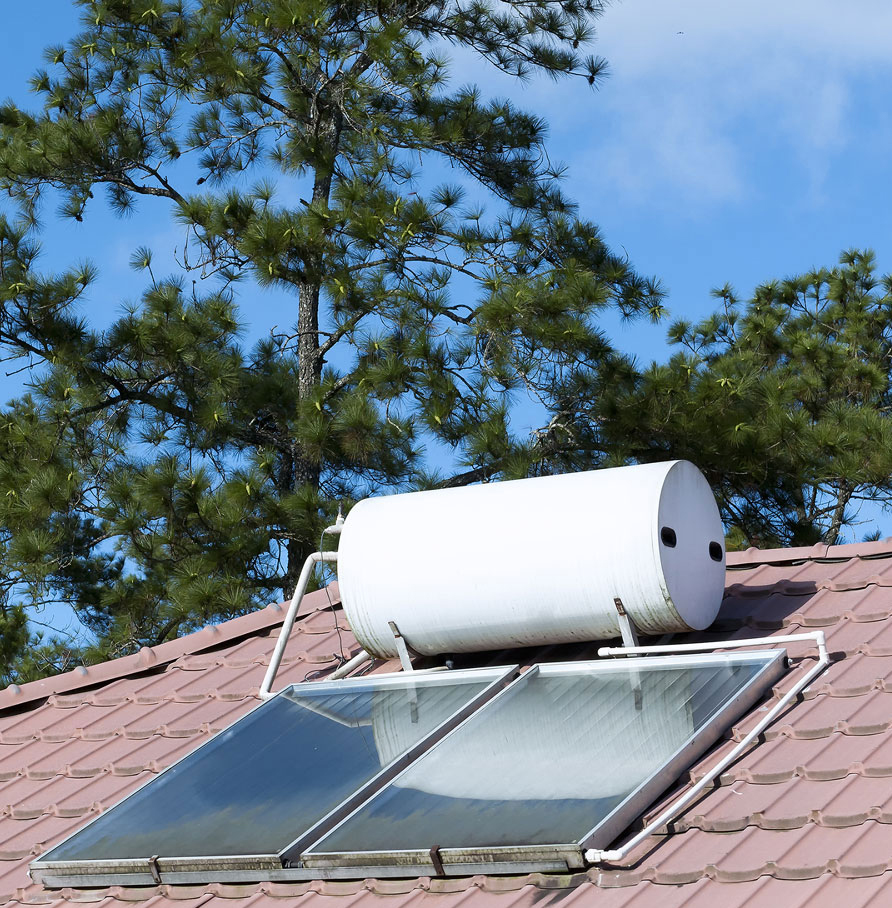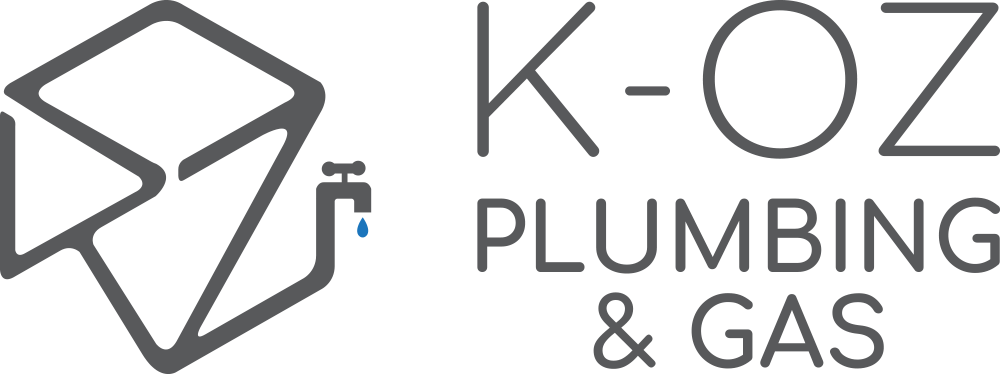Endless Comfort: Discover the Revolutionary Continuous Hot Water Systems
What Are Continuous Hot Water Systems?
Hot water systems also known as tankless, instantaneous, or on-demand hot water systems, represent a modern approach to ensuring a constant supply of hot water. Unlike traditional systems that store and gradually heat the water in a tank, these innovative systems heat the water directly as it flows through the unit, providing hot water exactly when it’s needed.
Types

Gas-Fired Systems
These use a gas burner to heat the water and are known for their efficiency. They require venting to the outside for safety.

Electric Systems
These systems use an electric element to heat the water. They are often more compact and can be easier to install in certain settings.
Advantages Over Traditional Systems
- Energy Efficiency: By heating water on demand, these systems avoid the standby energy losses associated with storage water heaters.
- Space Saving: Without the need for a large tank, continuous systems take up significantly less space, making them ideal for smaller homes or apartments.
- Unlimited Hot Water: They provide a continuous flow of hot water, making them perfect for families or situations where hot water is in high demand.
- Longevity and Lower Operating Costs: These systems typically have a longer lifespan and lower operating costs compared to traditional tank heaters.


Considerations for Installation:
- Power Requirements: Electric models may require significant electrical power, and gas models need a gas line and venting.
- Initial Cost: The upfront cost can be higher than traditional systems, but this is often offset by long-term savings on energy bills.
- Capacity Planning: It’s important to choose a system with the right flow rate to meet the hot water demands of your household.
In summary, continuous hot water offers a modern, efficient, and space-saving solution for providing hot water. They are an excellent choice for those looking to reduce energy costs and ensure a constant supply of hot water in their homes or businesses.
Features

Instant Hot Water
Ensures hot water is available on demand.

Energy Efficiency
Only heats water when needed, reducing energy consumption.

Space Saving
Compact design, ideal for smaller homes or apartments.

Longevity
Typically lasts longer than traditional storage water heaters.
Benefits
- Uninterrupted Supply: Never run out of hot water, ideal for large families.
- Cost-Effective: Lower operational costs due to increased efficiency.
- Environmentally Friendly: Reduced energy usage means a smaller carbon footprint.
- Versatility: Available in both electric and gas models to suit different home setups.

Table Comparison: Continuous Flow vs. Storage Systems
| Feature | Continuous Flow System | Storage System |
|---|---|---|
| Hot Water Availability | Instant | Delayed |
| Energy Efficiency | High | Moderate |
| Space Requirement | Less | More |
| Lifespan | Longer | Shorter |
How Do Continuous Flow Hot Water Systems Work?
Key Operational Process:
Activation:
Water Flow Detection:
A flow sensor within the unit activates the heating mechanism as soon as it detects water movement. This ensures that the system only operates when hot water is required, conserving energy.
Heating the Water:
- In gas-fired units, a gas burner is ignited to heat the water. These systems typically have a heat exchanger where the incoming cold water is warmed up before being sent to the tap.
- In electric models, an electric element heats the water. These systems are generally more compact and can be installed in smaller spaces.
Temperature Control:
Continuous Supply:



